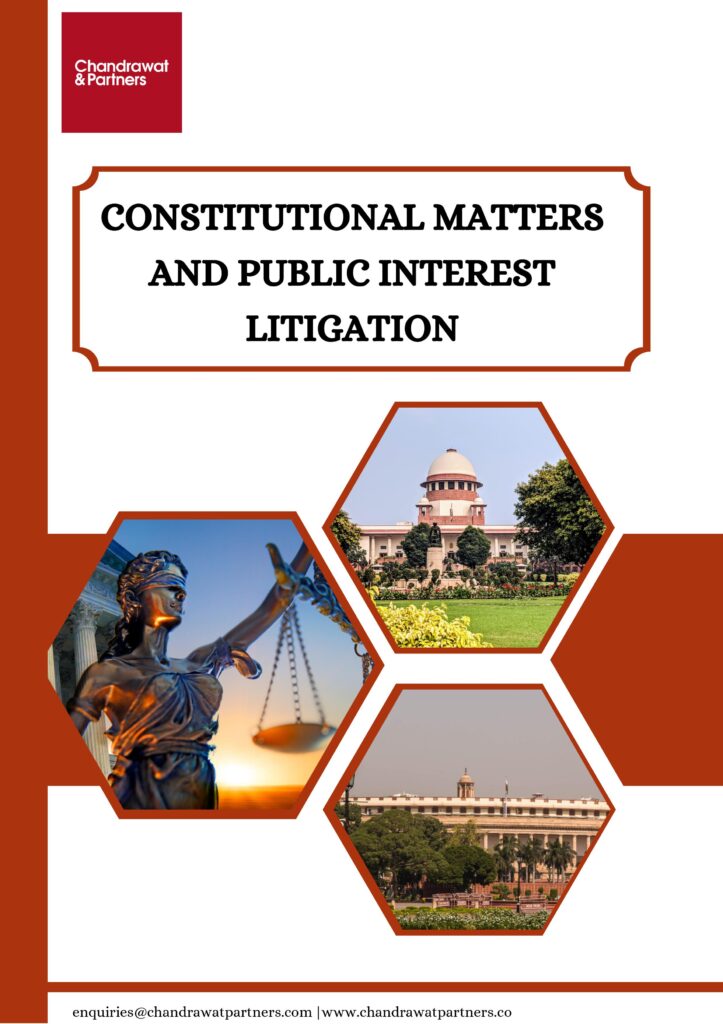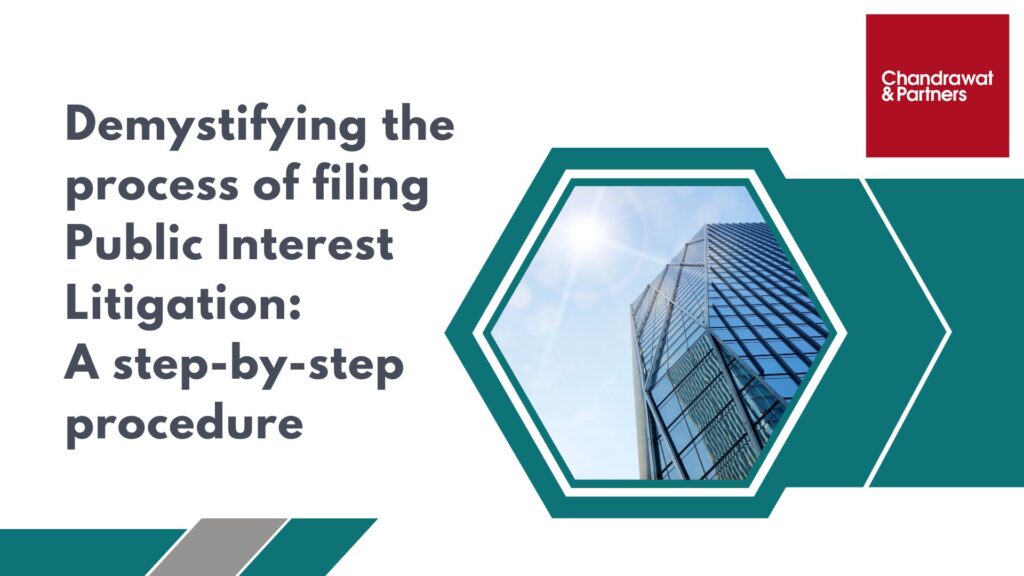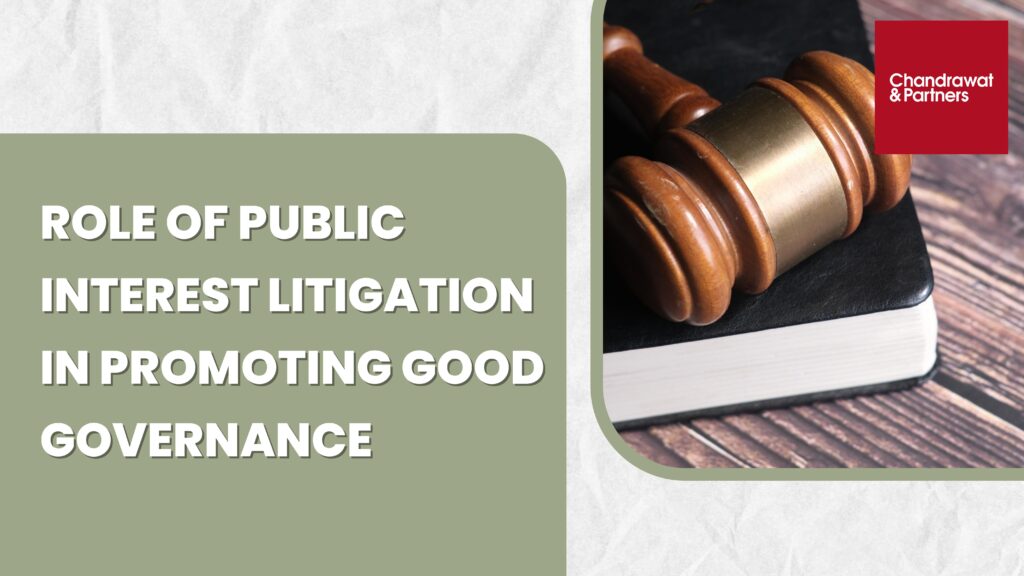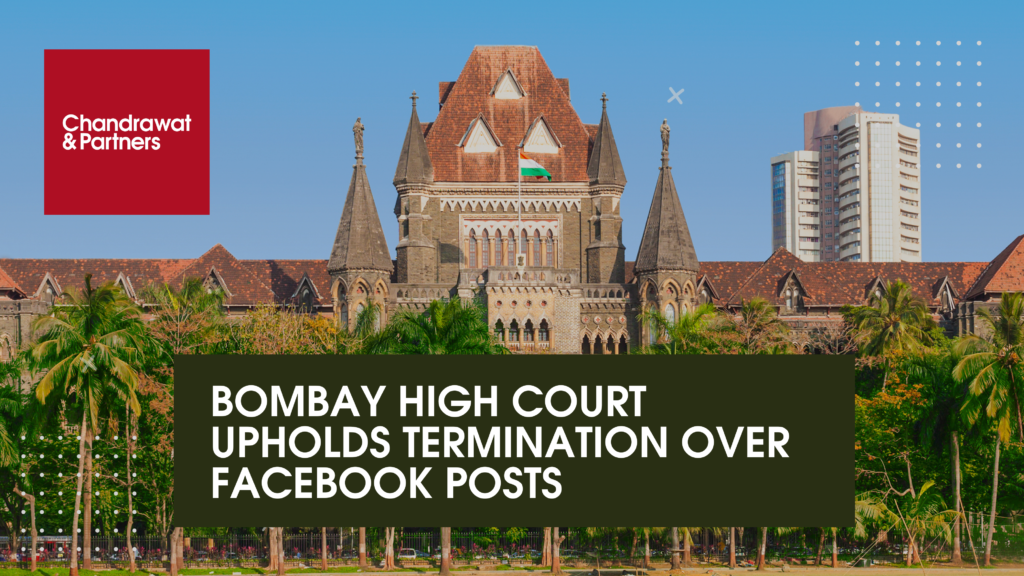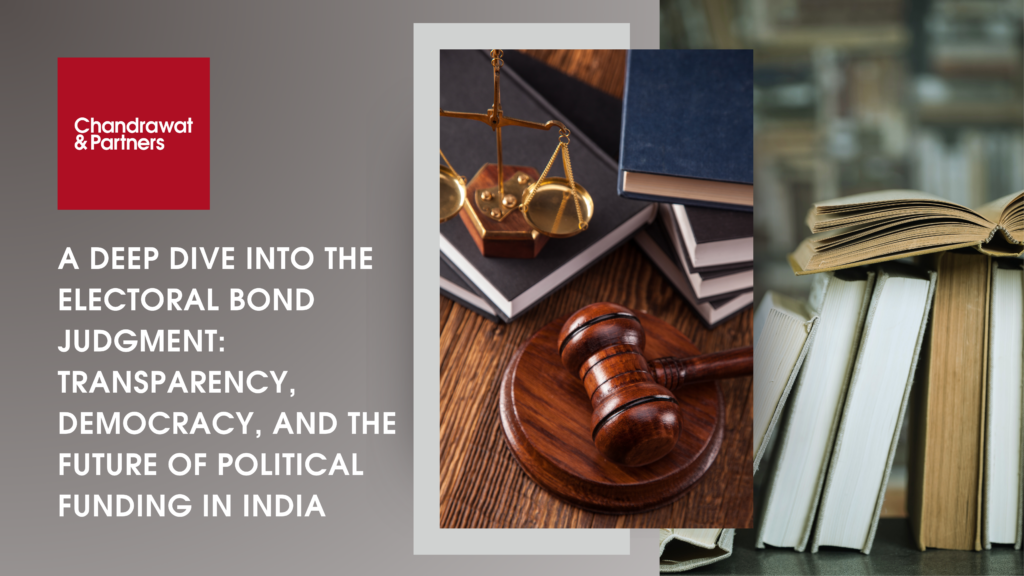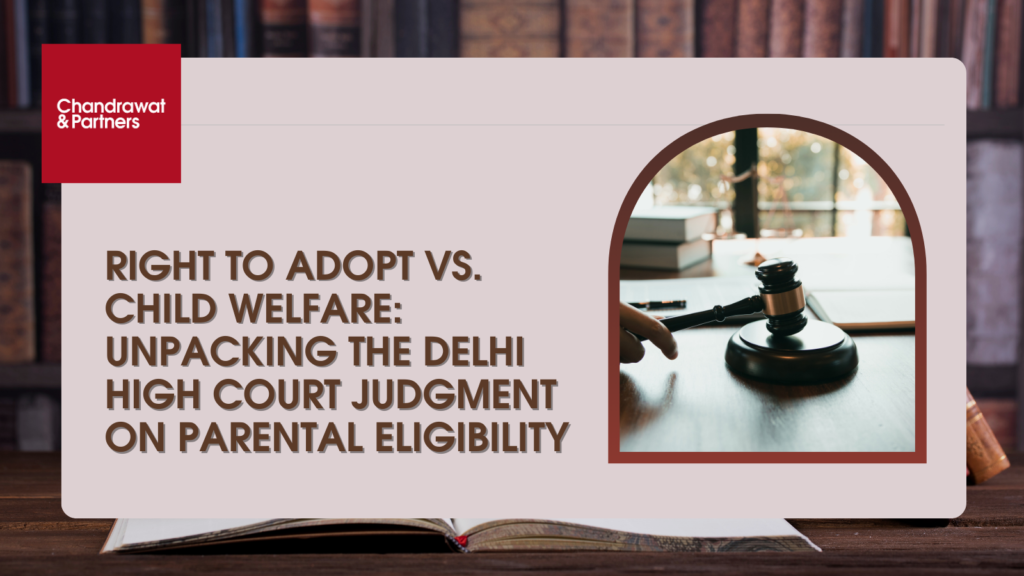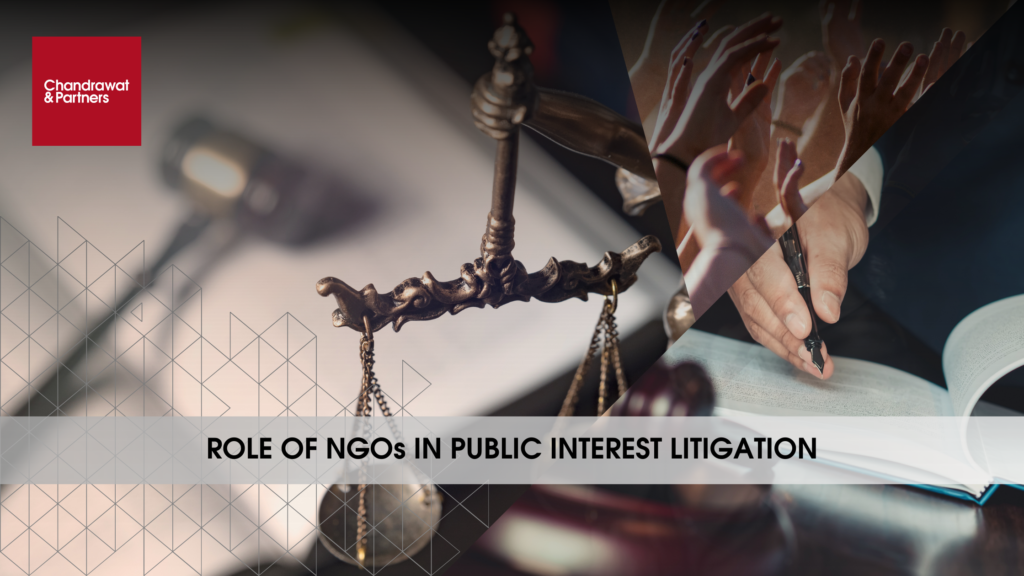- About Us
About Us
Chandrawat & Partners is a leading full service international firm with offices in India and abroad. The firm is rapidly growing and offers a wide range of legal and professional services to domestic and international clients.
- Practice Areas
- International and Domestice Arbitration & Mediation
- Contract Drafting and Agreement Review
- Civil Matters, Claims and Compensation
- Constitutional & Public Interest Litigation
- Corporate and Commercial Matters
- Criminal Litigation
- Domestic Arbitration
- Employment, Labour and Service Matters
- Family and Personal Laws
- Financial Disputes and Tax Matters
- Information Technology and Cyber Matters
- Intellectual Property Matters
- Merger and Acquisition
- Negotiable Instrument- Cheque Bounce Matters
- Trademark Registration and Infringement
- Overseas citizens of India
Practice Areas
- Sectors
Sectors
- Bilateral Relations
Bilateral Relations
- DTAA
DTAA
- Insights
- Career
- Recent Judgements
- Contact Us
Constitutional & Public Interest Litigation
Home > Practice Areas > Constitutional & Public Interest Litigation
India has one of the oldest legal systems in the world. Its law and jurisprudence stretches back into the centuries, forming a living tradition which has grown and evolved with the lives of its diverse people.
India’s commitment to law is created in the Constitution which constituted India into a Sovereign Democratic Republic, containing a federal system with Parliamentary form of Government in the Union and the States, an independent judiciary, guaranteed Fundamental Rights and Directive Principles of State Policy containing objectives which though not enforceable in law are fundamental to the governance of the nation.
Any matter regarding the interpretation, protection or enforcement of the constitution is considered as a constitutional matter. The Supreme Court, as India’s highest constitutional court, hear appeals mostly against verdicts of the high courts across the country, as well as other courts and tribunals. It also hear cases that the President of India may refer to it directly under the constitution.
The Supreme Court’s importance in dealing with constitutional matters are as:
- It serves as a last resort for Indian citizens seeking justice if they are dissatisfied with the High Court’s decision.
- Citizens of India can seek direct redress through writs if their fundamental rights are violated, according to Article 32 of the Constitution.
Sources of Law
The fountain source of law in India is the Constitution which, in turn, gives due recognition to statutes, case law and customary law consistent with its dispensations. Statutes are enacted by Parliament, State Legislatures and Union Territory Legislatures.
There is also a vast body of laws known as subordinate legislation in the form of rules, regulations as well as by-laws made by Central and State Governments and local authorities like Municipal Corporations, Municipalities, Gram Panchayats and other local bodies.
This subordinate legislation is made under the authority conferred or delegated either by Parliament or State or Union Territory Legislature concerned. The decisions of the Supreme Court are binding on all Courts within the territory of India. As India is a land of diversities, local customs and conventions which are not against statute, morality, etc.
Public Interest Litigation (PIL)
A Public Interest Litigation is the power given to the public by the court. A Public Interest Litigation (PIL) can be filed in any High Court or directly in the Supreme Court. A PIL is a kind of lawsuit brought in a court of law to protect “public interest” issues such as pollution, terrorism, road safety, and construction risks, among others. A Public Interest Litigation can be brought in a court of law to address any issue that concerns the broader public.
By submitting a petition, any citizen can bring a public case to the attention of the public:
- The Supreme Court of India, under Article 32 of the Indian Constitution.
- In thin High Court of India, under Article 226 of the Indian Constitution.
- In the Court of Magistrate, according to section 133 of the Criminal Procedure Code.
All the matters related to bonded labor, children that have been neglected, exploitation of casual workers and non payment of minimum wages, women’s atrocities, environmental pollution and disruption of the ecological equilibrium, adulteration of food, heritage, and cultural preservation are some of the issues that are considered in PILs.
The Importance of PIL
- PIL is a critical tool for social transformation, preserving the rule of law, and accelerating the balance of law and justice.
- The objective of PIL is to provide regular people an access to the courts in order to seek legal remedies.
- It is a tool for bringing human rights to those who have been denied from them.
- The major aim is to avoid violation of religious rights or other basic. fundamental rights of the general public.
- It is also significant for implementing the concept of judicial review.
We have skilled professionals with a high level of legal knowledge and competence to deal with all the complicated matters related to PIL in India. We provide all essential assistance, whether it is dealing with the filing of a PIL in any social concern or related to any constitutional issue.
Services We Offer
Our professionals provide a wide range of services in the following areas:
- We can assist in the protection of violation of one’s morals or fundamental rights through writ jurisdiction of the Supreme Court and High Courts in the nature of habeas corpus, mandamus, prohibition, quo warranto, and certiorari.
- We can act as a pillar of support for underprivileged individuals when their rights are violated, and we can assist them in bringing their cases to the court.
- We can also provide our clients with the advice in order to attain their goals, as one of the major aim of filling the PIL is the policy implementation by the federal and state government.
- Our professionals assist in giving voice to the weaker section by highlighting their concerns and providing them with the strength to file a Public Interest Litigation and speak for their rights.
- We assist our clients in dealing with constitutional concerns. According to Articles 132, 133, and 134 of the Constitution, the Supreme Court has appellate authority over civil, criminal, and constitutional disputes.
- We file petitions for illegal detention, Illegal termination, illegal attachment of the allowances and protection of life and liberty.
- Advising on possible constitutional challenges to statutes and challenging the constitutionality of law and policies.
- Opinion on matters involving substantial questions of law relating to interpretation of statutory provisions.
- Filing and defending of writ petition before High Courts as well as before Supreme Court safeguarding the fundamental rights.
- Filing of SLP, appeal, revision, review & curative petition before Supreme Court.
Demystifying the process of filing Public Interest Litigation: A step-by-step procedure
Public Interest Litigation (“PIL”) is a powerful legal tool that allows citizens to seek justice and protect the interests of the public at large. It enables individuals or organizations to raise issues of public concern and challenge actions or omissions by the … Read more
Role of Public Interest Litigation in promoting good governance
Public Interest Litigation (“PIL”) means litigation filed in a court of law, for the protection of public interest. PIL is a component that enables maintenance of rule of law by accelerating the balance between law and justice. The advancement of this authentic… Read more
Bombay high court upholds termination over Facebook posts
In a recent legal development that has significant implications for the intersection of freedom of speech and workplace conduct, the Bombay High Court rendered a decisive judgment in the case of Hitachi Astemo Fie Pvt. Ltd. v. Nirajkumar Prabhakarrao Kadu…
Read more
A Deep Dive Into The Electoral Bond Judgment: Transparency, Democracy, And The Future Of Political Funding In India
On February 15, 2024, the Supreme Court of India unanimously declared the Electoral Bond Scheme (“EBS”) unconstitutional, marking a monumental shift in India’s political landscape. This blog delves into the multifaceted dimensions of this landmark judgment,…
Read more
Right To Adopt VS. Child Welfare: Unpacking The Delhi HC Judgment On Parental Eligibility
The recent judgment by the Delhi High Court in Debarati Nandee v Union of India & Anr + Connected matters on the adoption of children has sparked debate and introspection. The court ruled that “the right to adopt is not a fundamental right” and upheld regulations…
Read more
The Right To Reside And Settle In India Cannot Be Claimed By Foreigners
According to the Delhi High Court, foreigners’ fundamental rights are restricted to the protection of their life and liberty under Article 21 of the Indian Constitution, and they cannot claim the right to live and settle in India. “We may also note that a foreign national…
Read more
The Dynamic Role Of Ngos In Public Interest Litigation
Non-Governmental Organizations (“NGOs”) are non-profit entities that operate independently of government control. They are typically formed by individuals, groups, or associations with common interests or goals, such as promoting social welfare, advancing human rights …
Read more
You are welcome to write to us
Need trusted and efficient Constitution & PIL services?
Please feel free to email us on [email protected]


